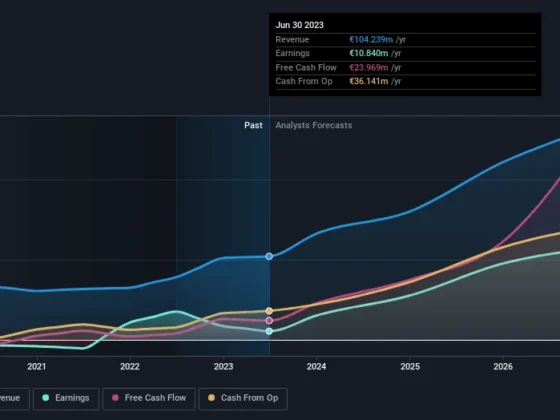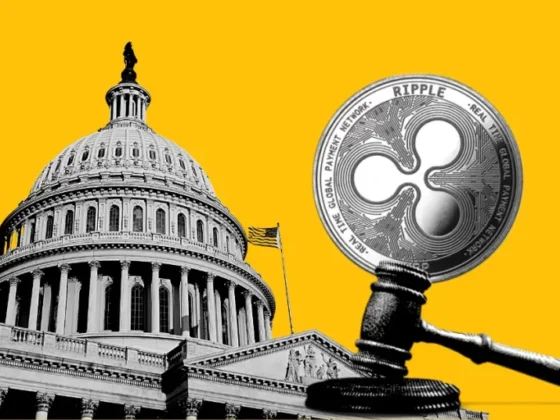- Only six of the more than a dozen spot Bitcoin ETF applicants have announced their fee levels.
- Fees will play a critical role because all the funds will hold the same asset.
Of the 13 applicants for a spot Bitcoin exchange-traded fund (ETF), only half a dozen have said how much they’ll charge in management fees, and with expectations that approvals could be granted as early as next week, that’s become the figure for prospective investors to focus on.
While many factors determine how popular and heavily traded an ETF is once it hits the market, in this case all will hold the same asset – Bitcoin – so details like the cost become a crucial differentiating factor.
“Fees will be critical,” Bloomberg Intelligence’s ETF analyst James Seyffart said in an email interview. “I don’t think the issuers have to offer the absolute lowest fee, but I do think they can’t be charging too much more and still remain competitive.”
The fee, known as the expense ratio, is used to cover costs like custodial services, marketing and even salaries. According to research by Morningstar, the average fee for open-end mutual funds and exchange-traded funds was 0.37% in 2022, a lot lower than 20 years ago, for example, when it was 0.91%.
Invesco and Galaxy set the bar and brought a “whopper,” as ETF analyst Eric Balchunas described it, saying they will waive fees completely for the first six months and the first $5 billion in assets. After that, they will charge 0.59%.
Fidelity set the fee at 0.39%, the lowest by far, while Ark and 21Shares as well as Valkyrie plan to charge 0.80%.
“From a pure competitive standpoint, expense ratio matters greatly in this particular category,” Nate Geraci, wrote on X. Geraci is president of The ETF Store, an investment advisory firm, and started a podcast about exchange-traded funds back in 2011.
BlackRock, the world’s largest asset manager, has yet to say how much it will charge. The investing giant is likely to be one of the front runners when it comes to popularity, given its name recognition, track record and hundreds of successful funds.
Seyffart predicts BlackRock’s fee is likely to be around Fidelity’s number of 0.39%, while Geraci sees it somewhere between 0.40% and 0.80%.
“Fidelity has a slight advantage potentially due to being more vertically integrated than anyone else here, which could allow them to offer the lowest fees,” Seyffart said. Fidelity, unlike the others, is using an in-house custodian and is in a favorable position given its direct access to investors and advisers through its platform, he said.











